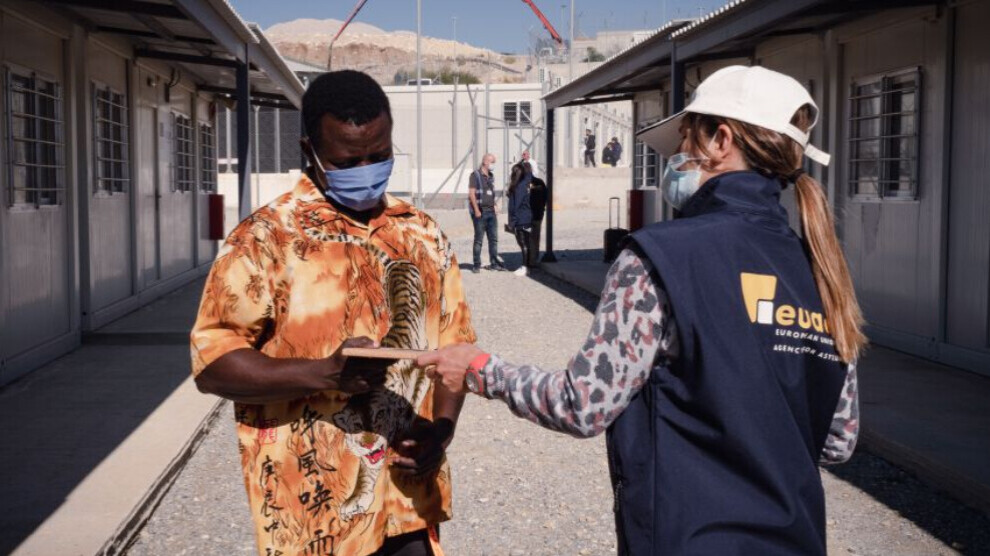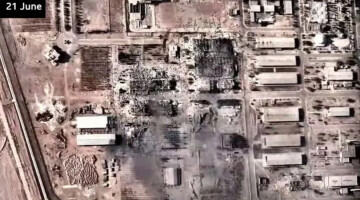The number of asylum applications in the EU has almost halved in the past year. This is reported by the "Welt am Sonntag" with reference to a confidential "Situation Report on Migration and Refugees" (number 331 of 11 January 2023) of the EU Commission.
According to the report, the number of asylum applications in the 27 EU countries rose to 923,991 last year - an increase of 46.5 per cent compared to 2021. The EU Commission's "Situation Report" refers to previously unpublished figures from the European Asylum Support Office (EUAA) dated 4 January 2023. According to the report, last year in Germany "the number of applications increased by one third compared to 2021 to the highest level since 2016". Overall, Germany received by far the most asylum applications across the EU in 2022: 226,467, followed by France (154,597), Spain (116,952) and Austria (108,490). Bringing up the rear are Hungary (46), Slovakia (544) and Latvia (622).
The report continues: "The largest absolute increase was recorded in Austria (108,490), where the number of applications almost tripled compared to 2021". One in three applicants in Germany came from Syria, followed by Afghanistan (17 per cent), Turkey (10.0 per cent) and Iraq (6.7 per cent). Looking at the EU as a whole, most applications came from Syrians, followed by Afghans, Turks, Venezuelans and Colombians.
The EU's "Situation Report" says: "Applications from Turkish nationals more than doubled (in 2022) compared to the previous year, while applications from people from Venezuela and Colombia almost tripled." The EU document also states that "nearly five million registrations for temporary protection have been made in the EU by persons who fled Ukraine." In addition, Libya is apparently coming under renewed scrutiny as a transit and source country for migrants. The "Situation Report" notes that "Libya recorded the highest number of departures (of migrants) from its shores since 2017, with 77,000 in 2022. In 2022, people smuggling flourished on the west coast, but departures from Kyreneika (area in eastern Libya; ed.) also increased significantly."











